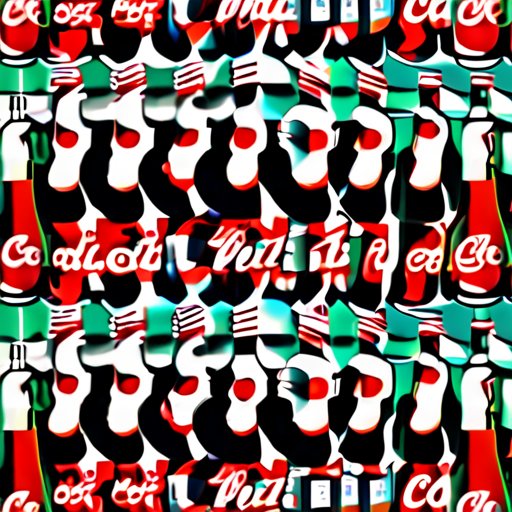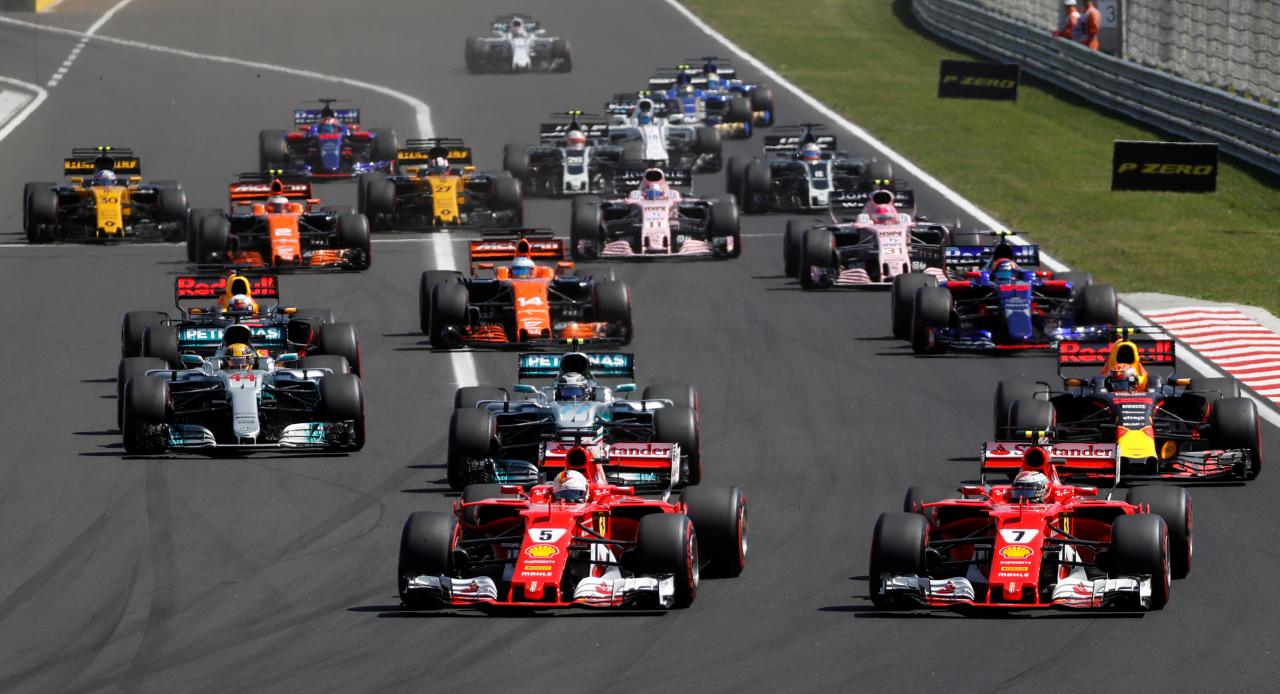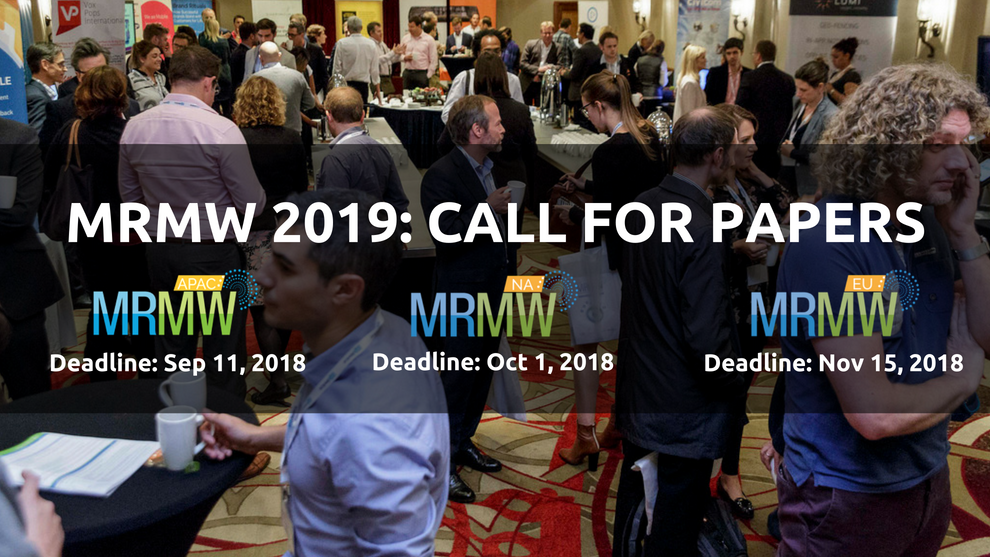What would a consumer insights conference in Atlanta be without Coca-Cola talking about consumer behavior? We were very happy to welcome Shree Turivali, the Global Director of Consumer and Shopper Metrics at MRMW 2023. Shree spoke about the changes in consumer behaviour and how one of the world’s most recognised brands is adjusting to them. This year we are excited to welcome Reena Singh, Senior Director, New Technology Insights Enabler at MRMW 2024! For all of those who missed Shree’s talk and don’t want to wait until June, we are making her presentation available below!
The future of consumers post pandemic – and what it means for an established brand
Shree Tiruvali, Global Director of Consumer & Shopper Metrics, The Coca-Cola Company
You can find all MRMW conference recordings for free in our video section!
Video transcript below (This is an AI generated summary. There may be inaccuracies.)
In her presentation titled “The Coca-Cola Company – The future of consumers post pandemic – What it means for an established brand,” ShreeTiruvali discusses how the pandemic has significantly impacted consumer behavior and brand loyalty, forcing established brands like Coca-Cola to adapt. She starts by conducting an audience poll revealing that more people are working from home, buying curbside, and snacking more, leading to shifts in packaging sizes and distribution channels for brands.
Consumers are also less brand loyal and make purchasing decisions based on convenience and personal ideologies, leading Coca-Cola to adopt new strategies, including changing distribution methods, pack sizes, and flavors. Consumers have become more health-conscious and are avoiding sugary drinks, making it essential for brands to align with consumers’ beliefs and values.
The pandemic has also led to a deep ingraining of convenience in consumer habits and a desire for unique experiences. Brands need to meet both emotional and functional criteria to create long-term brand loyalty, and pivoting and adapting to market shifts is crucial for established brands to remain relevant and responsive to consumer demands.
The impact of the pandemic on consumer behavior and its implications for established brands like Coca-Cola
The speaker notes that over 75% of consumers already knew what brand they wanted to buy before entering a store, but post-pandemic, over 40% of consumers demanded convenience and ease in finding products. This habit of convenience, formed during the pandemic, has become deeply ingrained, making it essential for brands to make their products easily accessible.
Additionally, consumers are looking for disruptions and unique experiences to try new brands, and are more inclined towards cutting down on indulgences, particularly in the case of sparkling beverages. Shree concludes by emphasizing the need for brands to go to consumers rather than waiting for them to come, a reality shaped by the pandemic.
Next, Shree discusses the importance of emotional connection and fit for consumers in making brand choices. Coca-Cola needs to align with consumers’ ideologies and be sustainable, locally respectful, and emotionally engaging to create an emotional fit. Functional fit, which includes package size, taste, and convenience, is also crucial. Meeting both emotional and functional criteria results in a habitual consumer, creating long-term brand loyalty. The company has adopted innovative strategies to reach consumers, such as collaborating with influencers and creating themed product launches, to meet consumers where they are and build emotional connections.
Another important aspect are both emotional fit and practical fit in consumer purchasing decisions. While consumers may desire eco-friendly and locally-owned products, they ultimately prioritize convenience and practicality when making a purchase. Shree shared the example of a bottle of water that may be desirable due to its eco-friendly packaging but is not practical to carry, resulting in the consumer not making the purchase. She also touches upon the evolving role of user-generated content and the focus on Gen Z consumers, acknowledging the need to balance catering to changing consumer preferences with maintaining loyalty from existing consumer segments.
According to Coke’s Global Director, market shifts occur approximately every three to four years, often triggered by new influencers or trends. Instead of turning away from these changes, the strategy is to pivot and adapt. This approach allows the brand to remain relevant and responsive to consumer demands. Shree emphasizes that this flexibility is crucial for established brands looking to thrive in a rapidly evolving market.
Join MRMW North America on June 26&27 to hear more eye-opening presentations, case studies and experiences!










 by
by 



